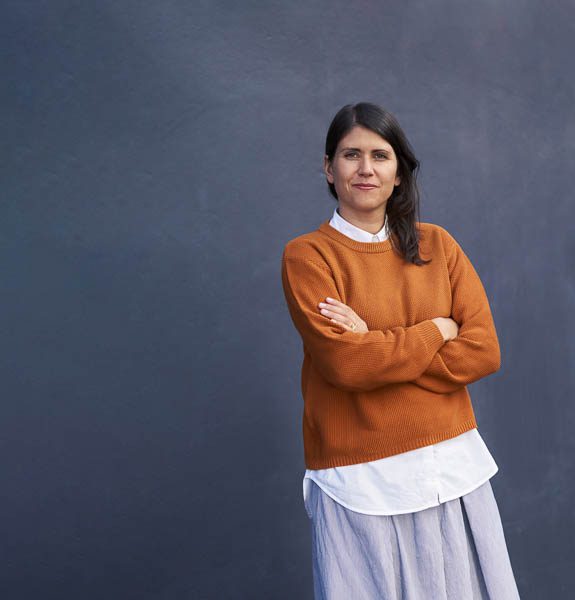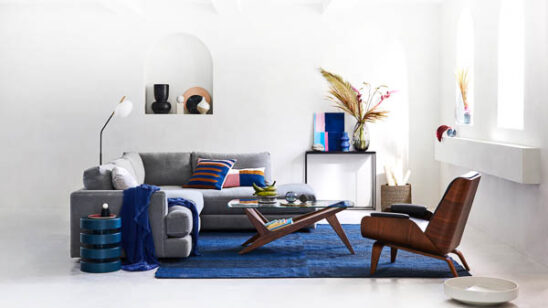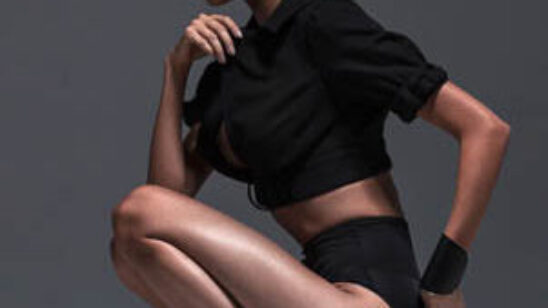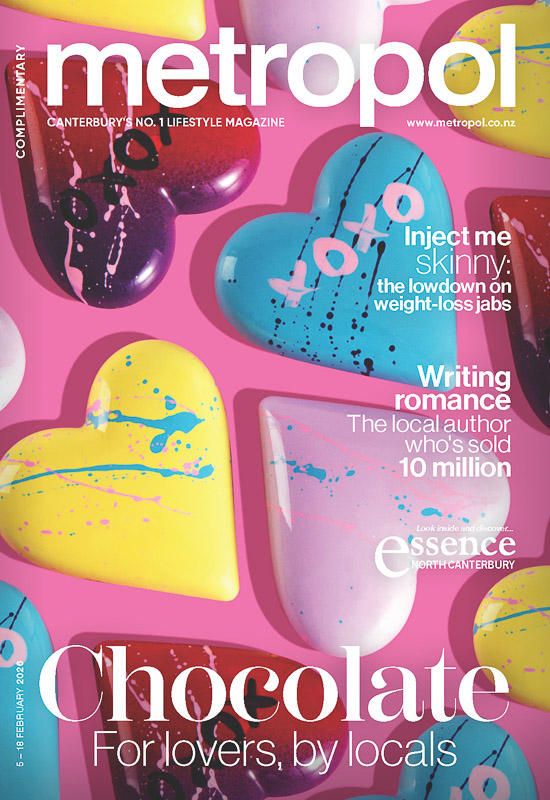
The heart of sustainability
We’ve been experiencing a shift in how we approach fashion globally, as we eschew fast fashion and seek ethics and sustainability in our attire. Metropol catches up with one of the country’s leaders in this space – Kowtow’s Gosia Piatek.

Your story of fleeing Poland at the reach of the Soviet Union in 1987 is an incredibly inspiring one. I understand your family had just $200 to their name?
My family left Poland as political asylum refugees in 1985 – I was five years old. During this time Poland was a locked boarder communist nation. It was hard for us to leave and we left everything behind including our friends and family. My parents followed their noses to a refugee camp along the Italian coast, where we stayed for two years whilst we waited to get accepted by New Zealand. Back in the 1980s Europe didn’t have the same influx of refugees as it does now, so we were welcomed with open arms and looked after incredibly well. We were given a house on the beach, I attended school and learnt Italian and have very fond memories of my time there. In 1987 we were granted entry into New Zealand.
What is your design philosophy?
We have an exciting design philosophy as everything we create has to meet our incredibly stringent criteria for sustainability and ethics. For many years, we only worked with fair trade certified organic cotton, and recently we have started to add other fabrics, like tencel made from eucalyptus trees, ZQ certified New Zealand merino wool and swimwear made from recycled fishing nets. Since I have started to live half my year in London it’s really opened me up to meeting new people and learning about new technologies that are on the market. As far as the actual creative design goes, we start with a mood board and think about the creative direction for the season, we design 18 months in advance as we source all our yarn from the farm level (for traceability), so we can’t jump on trends and create what we think is endemic to Kowtow and what we love. In general, reoccurring themes for us are volume, colour, patterns and minimalism.
Why do you think the world has connected so strongly with Kowtow and what you do?
When I first started Kowtow 13 years ago, the story of ethics and sustainability in fashion wasn’t one many people wanted to hear. However, fast forward to 2019 and we are now living in a very different landscape. Especially after the Rana Plaza disaster which highlighted the affects first world hunger for fashion has on third world labour, people are now wanting to spend their money with brands that they can trust have an ethical and sustainable supply chain and we are one of them. It’s nice to know that we are also very legitimate too; Kowtow was built on very staunch values from day one and it’s only become clearer 13 years on as we take on new information, every product we produce, 100 percent of what we do is made responsibly.




